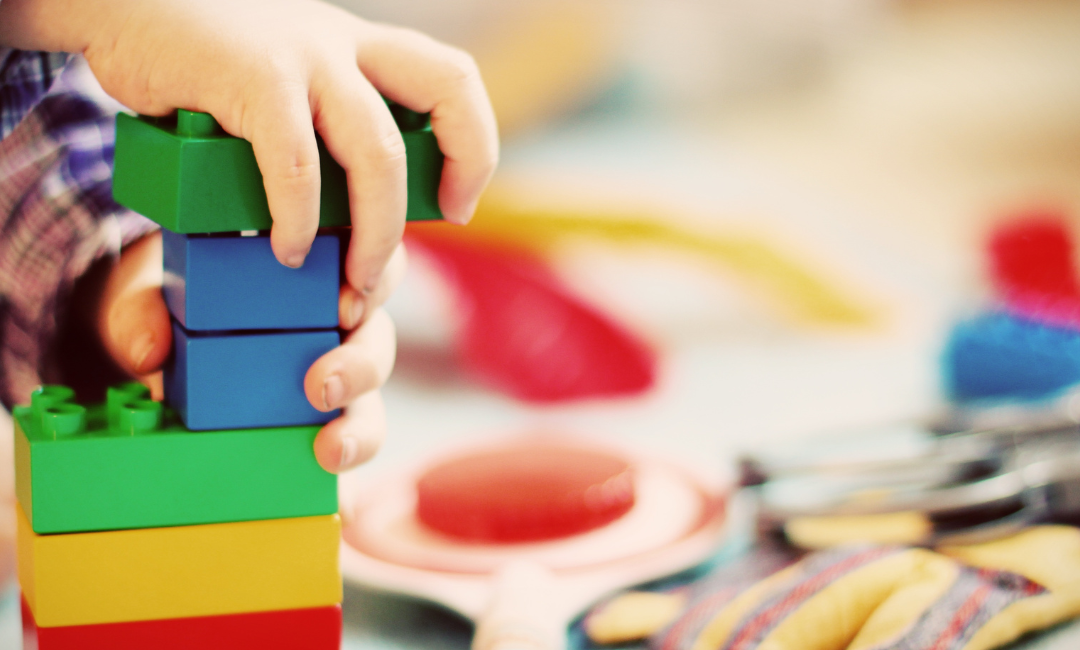Care for Self and Colleagues
Years ago, I learned that you cannot pour from an empty vessel. The care our patients receive is only as good as the well-being of the care providers. I was certainly blessed to spend my bedside career with a group of people who understood that it’s totally appropriate to have fun at work.
There is a video floating around that shows me in full protective personal equipment (PPE) dancing at the nurses’ station in the wee hours of the morning. Was I doing it to be obnoxious? No. Was I doing it to disturb the peace of the unit? Absolutely not. I just needed to wake myself up so I could complete morning blood draws. In the process, my coworkers got a good laugh, and I was able to perform my job effectively. The key was that we made sure that we honored “quiet time,” so we didn’t disturb the patients and families.
Research studies have shown that humor can change a caregiver’s perception of challenging situations. Healthcare environments can be high-stress and warrant the need for mental breaks. Participants in select studies reported that humor could “relieve tension, create bonds and strengthen relationships, and enhance both learning and work environments … [and] serve as a coping mechanism to alleviate work stress and prevent burnout.”
Some people who bond over trauma, drama, complaining and gossip. While these bonds can feel like a safe space, if there is no movement toward resolution, there’s a risk of creating environments that are not edifying or fruitful. Flipping the coin and making an effort to bond over a shared laugh and positivity can create fruitful collaboration and mutual support.
These factors can also increase job satisfaction. Healthcare will come with challenges wherever you go. It’s not always the stress of the workload that causes job dissatisfaction. Sometimes it’s the work environment created by ourselves, coworkers, and leadership. There are times where I may not have loved my job, but the people that I worked with made all the difference.
Several recommendations place ownership of creating supportive environments on not only the caregivers, but the leaders as well. Experts are in favor of nurse leaders and educators using humor in nursing school curricula. In addition to that, nurses report that when a leader uses humor, it helps to humanize them in the eyes of nursing staff. This creates an environment where the leader works in partnership with their staff, instead of from an authoritarian approach.
Be Wise
Humor can be helpful in putting your patients, family members, and colleagues at ease. However, it also has the ability to make others uncomfortable. A common recommendation is to avoid dark, cynical, callous, or derogatory humor. Some studies show that healthcare professionals sometimes develop a sense of dark, cynical humor as a coping mechanism for the stress of the job.
A good portion of our jobs as caregivers involves building therapeutic relationships with each other, our patients, and patients’ families. Dark and cynical humor is some cases can undo that work. There’s too much opportunity for misunderstanding. Therefore, it is wise to err on the side of caution and keep the humor light.
Everyone’s sense of humor is different. As with anything else, read the room. Notice both verbal and nonverbal cues. If your humor is not yielding the response you hoped for, reroute the conversation to something else.
If you witness a colleague engaging in callous humor at the expense of a patient, family member, or fellow colleague, feel empowered to address and discourage it. Whether you are staff member or designated leader, it is everyone’s responsibility to hold each other accountable.









